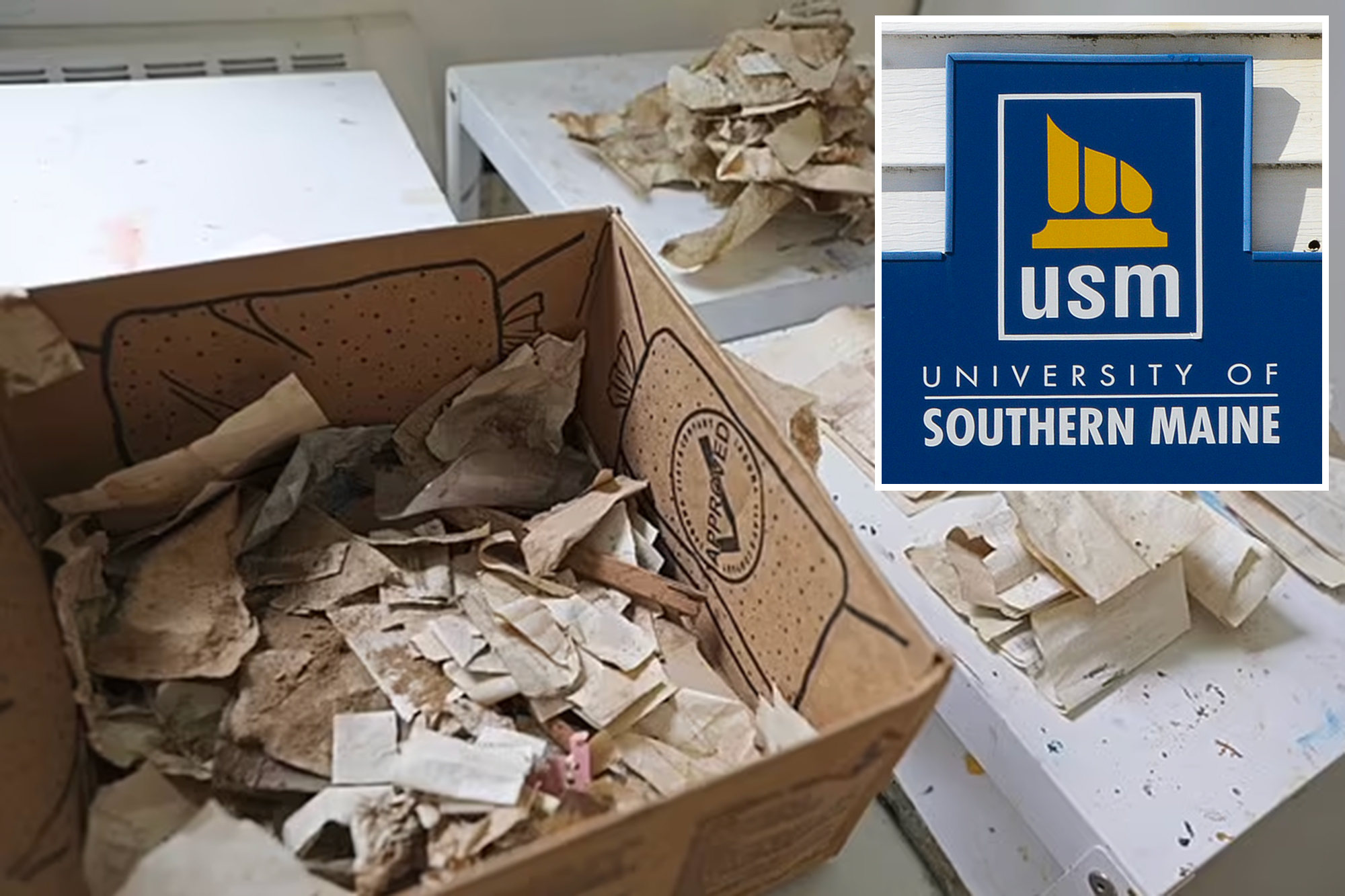Love Notes and Raw Drawings Found in Maine High School After 150 Years

Isn’t it fascinating how a single discovery can transport us back in time to uncover the whispers and giggles of young hearts? That’s exactly what happened in a historic building in Maine, where a collection of love notes and drawings from over a century ago was unveiled. It’s like opening a time capsule of teenage life, revealing the emotions and humor that have always been part of growing up. Let me take you through this captivating journey into the past.
When I first heard about this discovery, I couldn’t help but imagine the school days of those students from 150 years ago. It’s amazing how these notes bring to life the joys and challenges of adolescence in a way that feels both distant and familiar. You might picture students sneaking glances at each other across old wooden desks, their thoughts captured forever on delicate pieces of paper. As we dive deeper into their stories, we get a rare glimpse into the world they inhabited.
The sheer nostalgia of finding such hidden treasures makes you wonder about the little secrets our own buildings hold. These messages connect us to a past that seems remarkably similar to today. The love notes and sketches found in that Maine school remind us that while times have changed, the essence of youthful curiosity and affection remains constant.
Key Takeaways
- A treasure trove of 150-year-old notes was discovered during renovations at the University of Southern Maine.
- The notes include love letters, sketches, and even some cheeky remarks about teachers.
- This discovery offers a unique look at teenage life from another era, proving some things never change.
A Peek Into History
In 2022, preservation contractor Lee Hoagland embarked on a project at the University of Southern Maine Academy building. Little did he know that his work would uncover something extraordinary. Tucked away between the floors of a building dating back to 1806 were letters penned by students who once roamed its halls. This school, originally a private college preparatory institution, catered to children aged 10 to 17 from well-to-do families.

The notes Lee found included declarations of young love as well as candid observations typical of teenagers. One particular note read, “Ada, wouldn’t you like to swing by after school? I’ll stop if you want. Will you? Write and say!” Such simple words capture the innocence and excitement of budding relationships. Another note humorously described Belle Worcester as either “prissy or pretty,” showing how students engaged in playful banter.

Teenage Tales Through Time
The notes didn’t just stop at love letters. Some students used them for more rebellious purposes, scribbling expletives and critiques about their teachers—a reminder that teenage rebellion is nothing new! Historian Libby Bischof commented on how these messages illustrate that “the past is not as distant as we think it is.” The notes embodied typical teenage behaviors that are still seen today, albeit now expressed through texts and social media rather than paper.

Among the papers was also an amusing drawing labeled with Mrs. Stevens’ name, featuring exaggerated features such as a cartoonish nose and large eyes. USM historian Bischof found this particularly striking for its rawness—not in terms of artistry but because it seemed like an honest attempt at capturing her essence through innocent eyes. Such sketches highlight how art was used as a form of expression even back then.
Preservation and Future Reflection
The discovery’s significance extends beyond sentimental value; it emphasizes the importance of preserving history for future generations. The old papers have been handed over to Associate Professor Hannah Barnes for safe keeping within USM’s Art Department. Plans are underway to archive these documents in the school’s Special Collections so they will remain accessible for study—and perhaps even inspiration—to those who come after us.
This unique peek into history serves as an important reminder about our digital age: while technology allows us instant communication today—a luxury those students didn’t have—we must consider what physical traces we’re leaving behind for future generations similarly wanting insight into our lives today.
Final Thoughts
As we reflect on these newfound treasures from Maine high schoolers long gone but not forgotten—we are reminded how some things never change despite centuries passing by: young people exploring emotions through written word; making sense outta growing up amidst laughter shared among friends or crushes secretly admired across classrooms unchanged since time began ticking forward relentlessly onward evermore…
